Looking for a little anti-holiday cheer? Tacoma-based zine The F-Bomb might just be the ticket. Since January of 2009, The F-Bomb has gathered submissions from writers into themed issues (seven so far, with topics like “Music,” “Sex,” the paradoxical “Unthemed,” and now “Holiday”) that incorporate comics, slice-of-life tangents and charts, interviews, fiction, and even an advice column.
The “Holiday Issue” features such gems as the “Boo For You” column, which recounts a freewheeling conversation about Nilla Wafers, Jesus, and stealing cheese. Other columns include descriptions of favorite Christmas memories in 10 words or less (sample memory: “I unwrapped a box for a phone. It wasn’t.”), and comics featuring adorable, demented animals using and abusing the titular “F-bomb” to discuss Thanksgiving.
On the opposite page of this irreverent story, you can read a chart diagramming all of the winter holidays, who celebrates them and why, and various fun facts and names for Santa Claus. The juxtaposition of the bizarre and mundane — the prurient and the informative — goes a long way in describing just what The F-Bomb zine is.


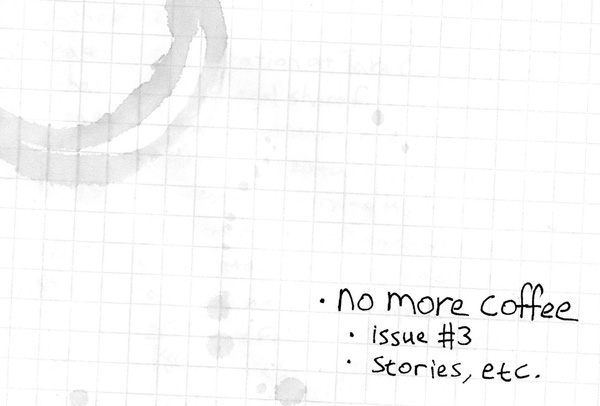

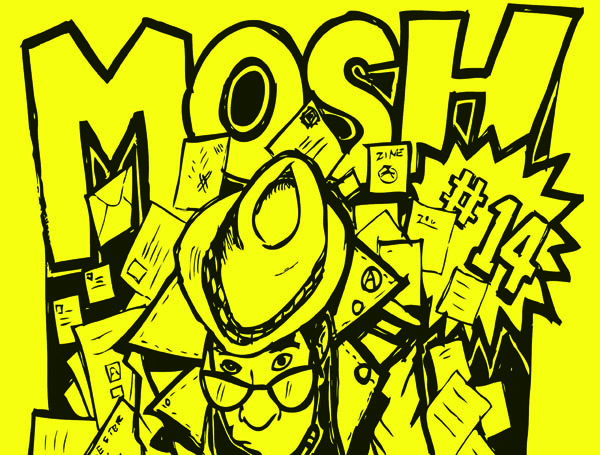
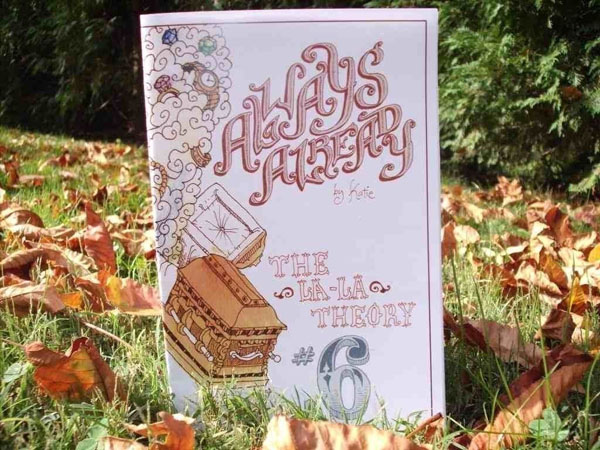

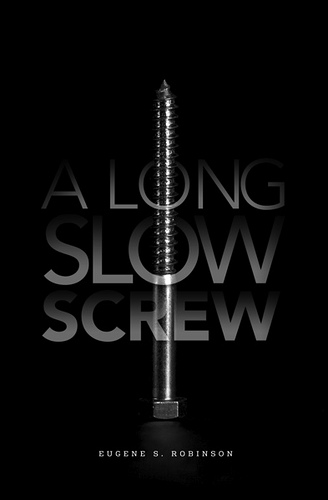 With his band
With his band 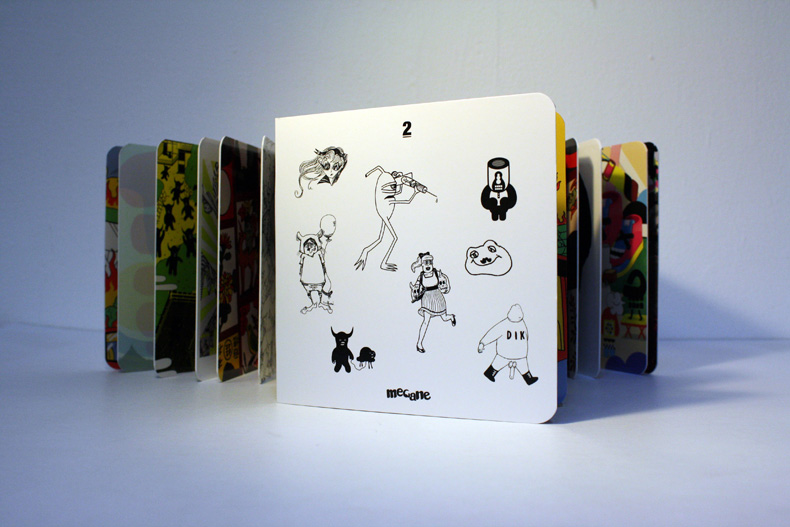
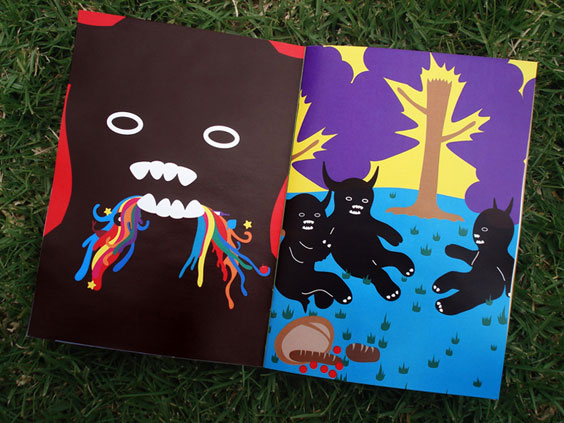
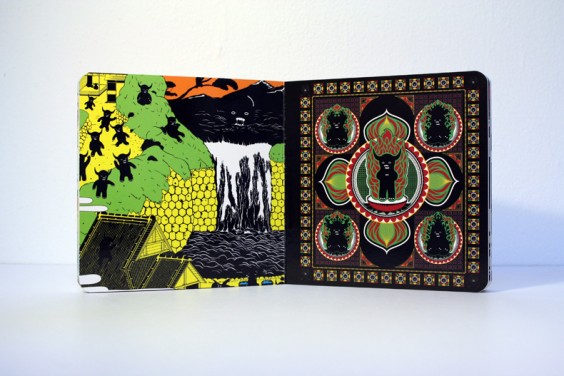
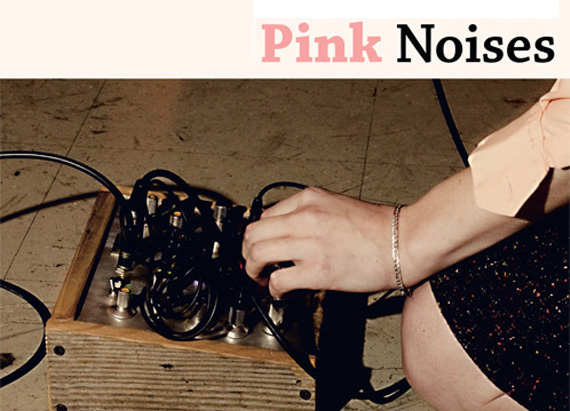
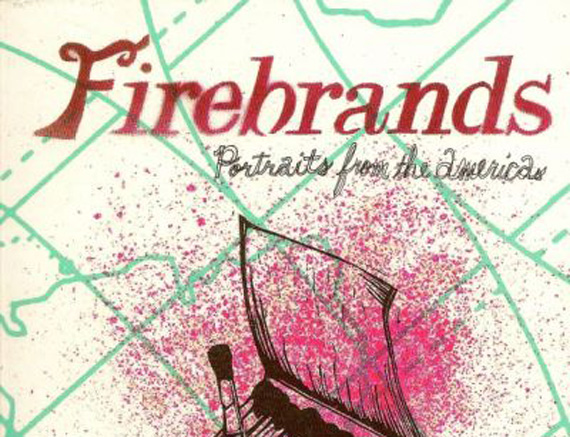
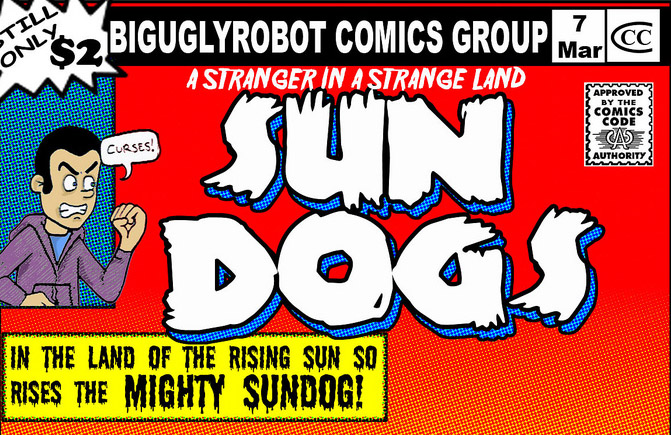
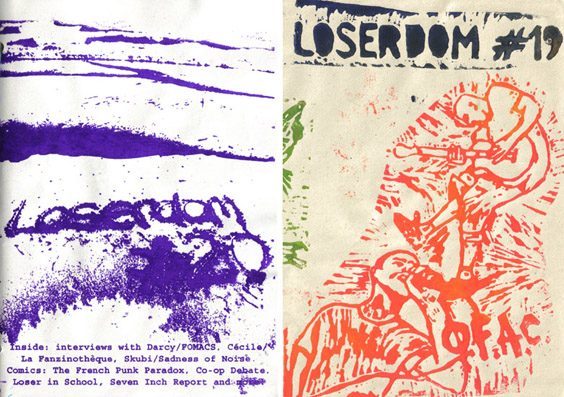
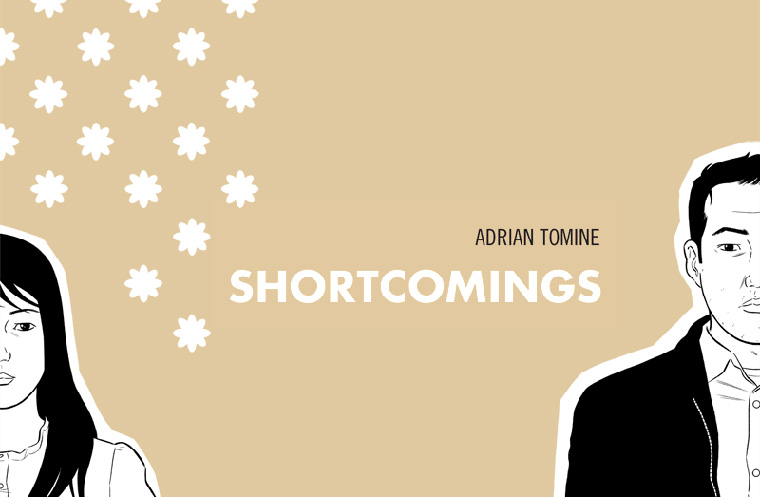
 What is it really like to be a zine writer in today’s world of megacorp publishers and big media?
What is it really like to be a zine writer in today’s world of megacorp publishers and big media?